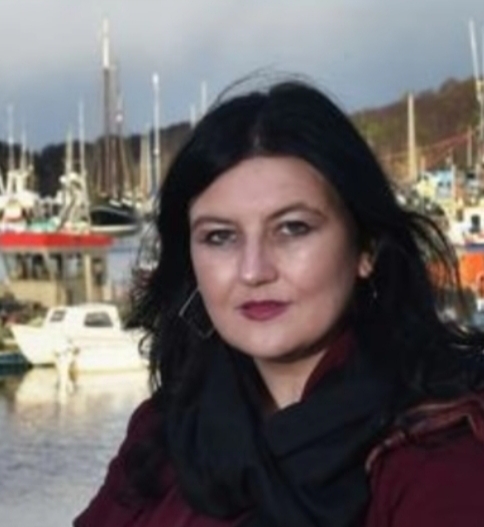Rural and Environment
Women in the Rural Economy: Part 7
March 6, 2019 by admin No Comments | Category Agriculture, Farming, food and drink, Uncategorized
Elaine Whyte of Clyde Fisherman’s Association is the latest woman to provide an insight into the diverse and important role women play in Scotland’s rural economy as part of our series of blogs to mark International Women’s Day.

It was just over four years ago when the role with Clyde Fishermen’s Association was advertised. I had a fairly basic policy knowledge of the Common Fisheries Policy gained in a previous post, but I did possess a deep love and respect for the sea alongside longstanding family connections to seafairing. I hoped from the start this might be a role I could dedicate my full commitment too. Fishing is so much a part of our national identity and to help represent our coastal fishing communities is a great privilege.
I quickly learned that my basic fishing policy knowledge wouldn’t take me very far. Fishing is such a complex area both in terms of policy and practical implementation. Luckily I had some of the very best teachers on hand to show me the ropes in the fishermen themselves. The fishermen have given of their time and expertise over and over again to ensure I can properly understand and represent them, and for that I am most grateful.
No two days are the same in fishing policy and the ability to multi-task is vital. In the morning you maybe in a senior government meeting and press call, by the afternoon you may be calling up to get a ladder fixed on a local harbour wall or even co-ordinating a science project. It’s dynamic and challenging, and always busy 7 days a week. A working knowledge of safety, science, legislation, fishing gear, renewable energy, quotas, markets and a range of other areas is required.
Over the last few years many commentators have pointed out that fishing itself is a male dominated environment and therefore perhaps I may have found it more difficult to adjust. In my experience the fishermen I work with are full of character, but this is exactly what makes the role most worthwhile, its human side. Fishermen are real, hard-working and most often very direct people, the honesty in those attributes appeal to my own personal values. I have not experienced any issues at all in fishing specifically due to my gender, it’s not even a consideration. Fishermen are used to working in crews at sea, you must pull together as a team in hard times. If you can’t find a way to work together the stakes are far higher than they are in most jobs, I feel that co-operation and respect informs how they operate with me.
Being a committed and dedicated worker is what this role demands, and it’s a role more than a job. It’s not a position to be undertaken without a heart for fishing, caring about the men and women of the fishing communities you work with is essential.
In the future I would love to see more fishing communities around the coast flourishing and having fair sustainable access to the fish stocks in their local areas. I hope the next generations of fishermen and fisherwomen understand that going to sea is a professional career with excellent opportunities, and we are working hard to make sure we leave them a solid framework to build on.
Tags: clyde fishermen's association, International Women's Day, rural economy, Scotland, Women

Leave a comment